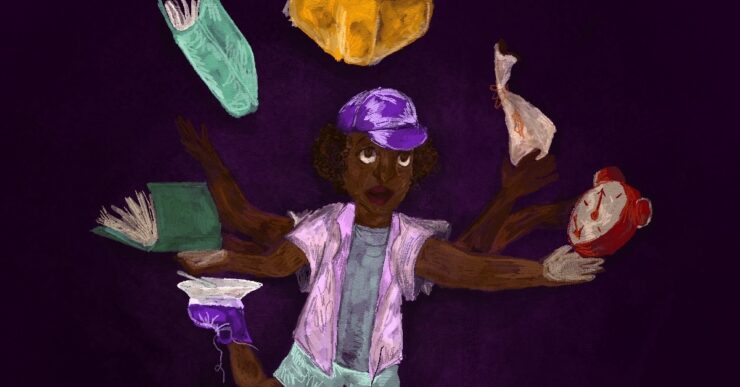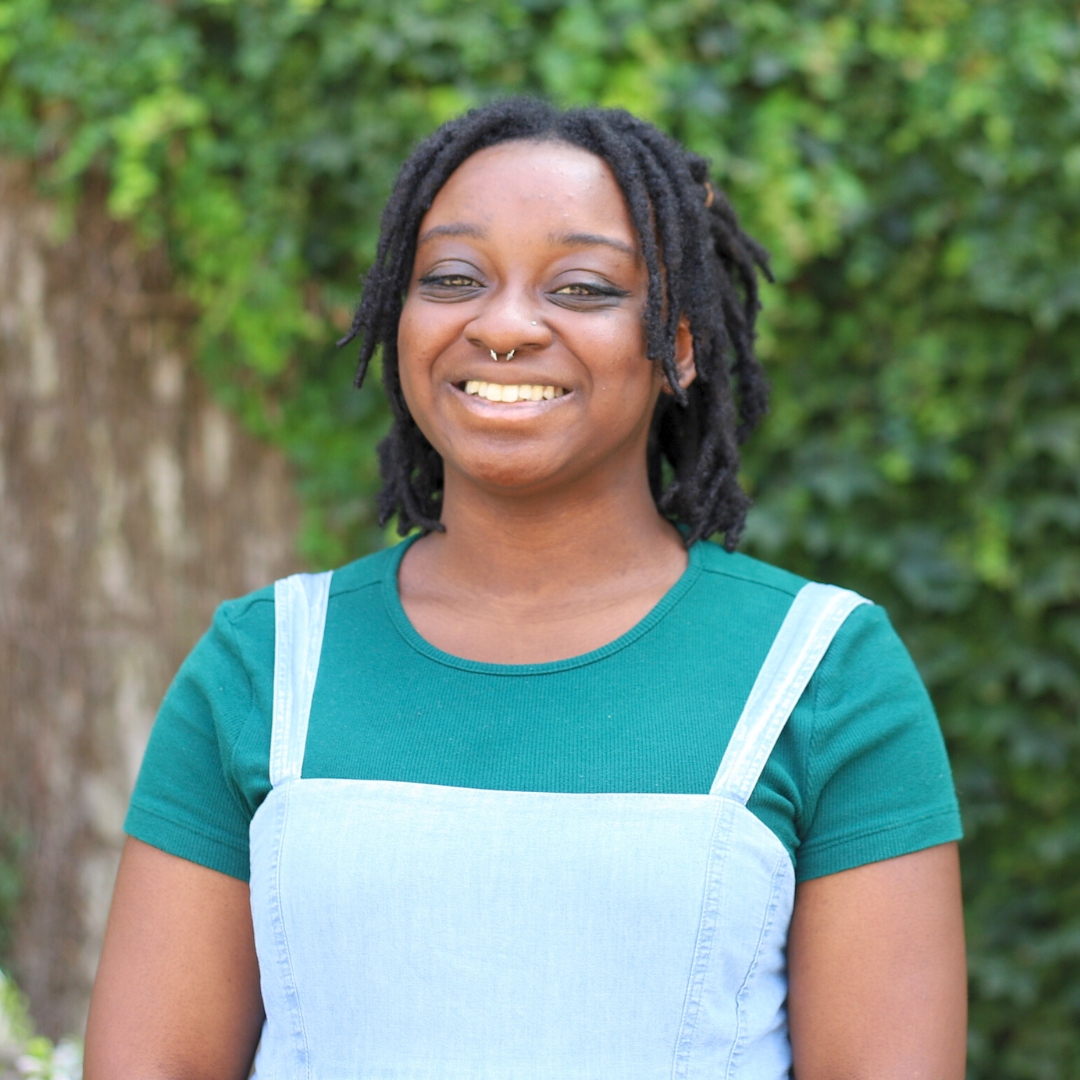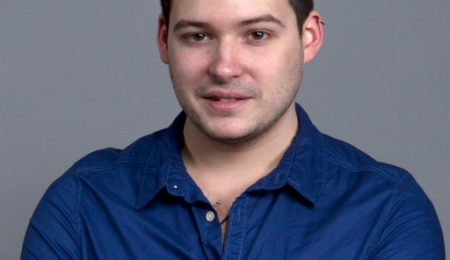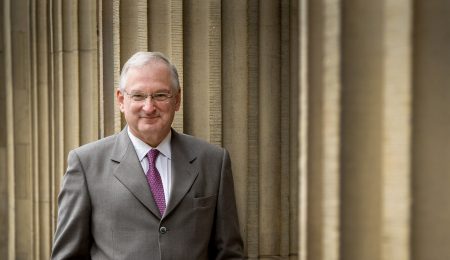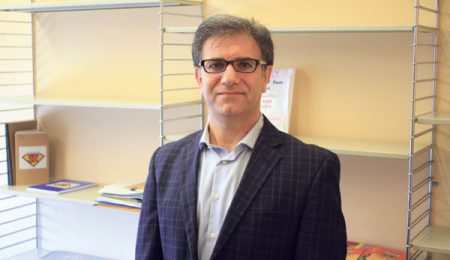De-funding, department suspension, and desperation across the faculty
The University of Ottawa has one of the oldest and most established arts faculties in the country, with over 4,700 students studying at the undergraduate and graduate levels.
However, the esteemed faculty faces a bleak future. Stifled by significant budget cuts, the quiet closure of the translation school, and few course availabilities, many students and professors in the faculty of arts have felt neglected by the university.
Courses, what courses?
Hannah Wiedrick has had a comprehensive view of the inner workings of the faculty of arts; not only has she served as a director of arts for the University of Ottawa Students’ Union (UOSU) board of directors, but she had also previously served as the vice-president of academics for the former Classical Students Association and additionally served on the Student Association of the Faculty of Arts (SAFA) board.
“I came to uOttawa for an honours in psychology, so my progression in my degree would have been a bit different. But then I switched over to do a double major in classics and once I got to about third year, I realized that the course pickings are super slim,” said Wiedrick, who is entering her fifth-year.
“Course timings keep overlapping with other arts courses. I’m taking my fifth-year [this Fall] because my psychology and my classics courses kept being [held] at the exact same time,” she said. “And I just really quickly realized that graduating was going to be a little bit harder than I had originally assumed.”
As Wiedrick remained involved in student affairs, she began to hear more and more complaints from other arts students about the low availability of courses and other academic problems.
“I was on Arts Faculty Council last year, and I got a much broader view of what was going on. And it’s the fact that [the arts faculty is] being defunded way faster than any other faculty is, and it’s just because they just don’t get the revenue out of it.”
Haniel Sorensen, the former vice-president of Anglophone communication for the Undergraduate Philosophy Student Association (UPSA), has discussed an idea from the university to shift first-year philosophy courses — which are mandatory for programs such as communications and formerly, finance.
“[O]ne professor, was telling [me] about the changes that [the university was] doing, specifically the introductory philosophy courses. They wanted to increase the size [of the classes], put [them] all online, and make it really impersonal,” said Sorensen.
“It was something that he despised because it doesn’t really allow you to kind of engage with the subject matter in a deeper, more meaningful way.”
Sorensen, who had recently graduated with a joint honours in philosophy and political science, has also voiced frustration with completing his program requirements when the Philosophy department offers a limited number of courses a semester.
“I think I’ve had to get permission from undergraduate directors to change three courses around because they either were inaccessible to me in French — I’m not fluent, so I wouldn’t be able to aptly engage with subject material — or the courses were being offered like at all [during a semester], or the ones that were offered are full.”
Phoebe Hancock, the president of the Classics and Religious Students’ Association (AÈCRSA), said that she feels “incredibly lucky” if she’s able to get the religious studies courses she needs as a student with accommodation needs.
“I’m actually talking to student accommodations (SASS) right now, because there’s one class that is only ever offered as a three-hour night class. And it’s only offered once a year, if that,” she explained.
“I have a disability…I can’t do a night class. I’m actually trying to get [the administration] to give me an exemption or to let me take the course virtually, because they just never offered it at any other time.”
In addition to low course availability, there has also been a significant gap in regard to the treatment of French-language courses across the faculty.
History Students Association (HSA) president, Nicolas Michaud, said that he became aware of the treatment of Francophone students through his involvement with SAFA and his previous term with UOSU.
“Last year, for example, whenever [we] we’re trying to get more classes in French, we’re basically told the way it works for the history department, ‘we only have funding this amount of classes’,” he explained. “So if you want more, for example, European history classes in French, we need to [cut] French Canada [courses]. So obviously this affects the education students.”
Michaud, who also participated in the Arts Faculty Council, explained that the university’s funding system works on a lottery basis, leading only certain departments and facilities to receive the resources they need.
“As much as [there’s] blame on the university, I think they do have some responsibility there. I think they’ve been prioritizing wrongly,” he said. “I’ve seen professors complain that the faculty always has money for vice-deans, but they don’t have money for professors. I know, for example, the faculty cut the possibility of hiring research assistants in the faculty of Arts, so it’s been a whole mess from my understanding.”
Although Michaud only requires 40 per cent of his courses to be in French for his joint honours in history and political science degree, his time serving as vice-president for francophone affairs has highlighted the way the administration disregards Francophone students.
“From my perspective, the way a lot of the administration views French and French classes in general is ‘why should we give them [French classes] when they can just take English classes,” he explained. “A lot of Francophone students are not necessarily fluent in English, or if they are, they [don’t have] the capacity to take an academic class in English.”
School of Translations
The University of Ottawa’s School of Translations is one of the oldest and most renowned translation departments in the world. But unfortunately, the small yet mighty school will be shutting its doors in 2025.
The Fulcrum first became aware of the closure of the School of Translations in April, during coverage of the CUPE 2626 union rally. The program page for translations says it is not accepting applications for any of its listed programs. At the time of publication, the university has not released a formal statement about the school.
Nicholas Prelit, co-president of the Association des étudiant(e)s en traduction, Translation Student’s Association (AETTSA) said a variety of events that unfolded over the last few months made him concerned for the program.
“The first sign of concern that I had was learning that…a number of courses that were prominent in the program, for example, Literary Translation, were canceled and I heard it from a faculty member,” he said. “Everybody was hearing about it at the same time, because …that program is very small. Many of the people I was representing were in the same room with me as we’re all hearing it.”
Prelit also learned that his program, the accelerated two-year translations program, was temporarily suspended, as well as the cancellation of the master’s program in translations.
“…We’ve been, as students, left with a sense of trepidation as to not just ‘can we finish our program as we had planned in terms of the specific courses that we’d like?’” he recounted. “But of course, it raises questions as to can we finish at all?”
Isabelle Larocque, the francophone vice-president of AETTSA and a fourth-year student in the English-French program, has spoken to numerous media outlets, such as La Droit and Radio-Canada about the suspension of the school of translations in 2025.
She explained that the university was not transparent about their communications, and how this caused difficulties for students trying to navigate through their studies.
“For instance, I have some friends who took some courses last year, which I couldn’t take [this year] because [the university] was [removing them] or they were not available anymore. So that was really frightening because you really want to graduate and we have credits to fill in and to do so. It’s been really hard,” she said.
“I feel like the key thing that really made me go to the media [about] the suspension of the program, we’re living in the capital region, and I feel like without translation, it’s a key element for Anglophones and Francophones is to understand each other and to live in harmony.”
Jesse Roubichard, a spokesperson for the University of Ottawa, responded to the Fulcrum’s request for a statement regarding the closure of the School of Translation in an email. “Enrolment has continued to decline at the School of Translation and Interpretation since 2016 and much engagement has been undertaken regarding the need to offer students a more attractive learning experience. In 2020, the University decided to temporarily pause new admissions to the bachelor’s degree, to allow the school to renew it.”
The statement additionally claimed that in December 2022, the dean of arts announced this pause on admissions to professors, and that it does not affect students currently enrolled.
“The temporary pause regarding new admissions to these programs will allow the school to rethink them and to better take advantage of its strategic position as a bilingual university in the nation’s capital and its commitment to a thriving francophonie.”
So…what next?
Many students who are involved with student associations gain an understanding of faculty budgets and decisions. Sierra Nideu, the director of administrative affairs for UPSA and former vice-president of university affairs, says that her roles allowed her to understand some of the issues the philosophy department was facing.
“As a student, I’d always wondered ‘why aren’t these courses being offered even though I know they’re in the list of courses you can find?’” said Nideu. “And then hearing professors actually discuss those logistics, I realized that it was mainly because the [university] administration wasn’t giving us enough funding to run all of those courses all the time.”
Nideu, who is in their sixth-year, additionally said that changes made and services offered within the philosophy department in response to the COVID-19 pandemic caught their attention for the worse.
“When I was a first-year here, the philosophy program was offering free tutoring for first-year students, specifically anyone taking the philosophy first-year courses that are required and struggling with them. You could have masters students [teaching assistants] have a bit of tutoring with you…that service was completely cut,” she recounted.
“I’d had professors asking me about it and…if that was something we could bring back, and I realized that wasn’t something [UPSA] was responsible for offering — that was something the department was. But those professors didn’t really know how to bring it back.” Nideu suggested that the tutors had been paid, and that the department no longer had the funds for them.
Hancock explained that due to the small size of the classics and religious studies departments, both undergraduate and graduate students are in regular contact with each other.
She mentioned that the department nearly cut the master’s program, after several undergraduate students already applied to attend the U of O for the graduate program.
“My understanding is that it was funding,” said Hancock. As vice-president of social (communication) at the time, she recalled scrambling to relay a consistent message to the confused students.
“A lot of people only applied to [the U of O] because they knew the [professors]. They knew there was a good chance of getting in [the master’s program] here. And then it was suddenly, ‘okay, you have to apply somewhere else’, because there is every chance that this program won’t exist next year.”
No student can — or should — predict the outcome of their department, but for many involved with student associations and university communications, the future feels unfairly bleak. Several members of student associations, such as AÈCRSA and UPSA, have noticed that student interest in their departments has only been steadily increasing.
Michaud stresses the wider cultural impact the consequences of the university’s decisions has for Francophone communities outside of Quebec. The Centre de Recherche sur les Francophones Canadiennes (CRCCF) is an archive at the university dedicated to Francophone history in Canada that is maintained by history professors.
“By cutting funding to the history department, it makes it so there are less people that are qualified. So it’s kind of like a brain drain for the Francophone historical community, because that’s the largest research centre in Canada regarding anything [in] French Canadian history.”
“Negligence like that, I don’t think you can consider yourself a truly bilingual university if you can’t even take those cultural aspects [into consideration],” he argued.
Nideu predicts that the philosophy department will get smaller and decentralized significantly, before it fully dissolves, beginning with the outsourcing of first-year ethics courses.
“Something that keeps a lot of philosophy departments, including our own, is offering the first-year courses that all arts [faculty] students are required to take, as well as the applied ethics program…for bioethics, nursing, engineering, and business ethics,” she explained, adding that faculties no longer want to pay the philosophy department to teach these courses to students.
“…That’s kind of a problem, but more so keeping our department alive with those kinds of forces is important. And it seems like the general move is to keep taking them away from us. I see it happening in the next couple of years…if they get to making the first-year courses no longer mandatory for all the other arts programs, that’s pretty much going to be the final blow for our department.”
Larocque hopes that the school of translations doesn’t close, based on her experience observing the need for translators in the professional sphere. “I feel like if we’re just relyingon technology and just being really lazy and Google Translate everything, we’re going to lose not only translators…but there’s going to be an erosion of the language.”
“I do feel like the university [should] re-consider the suspension of the translation program, and have a round table with the students and…the professors to see if there’s other solutions than just giving up.”

